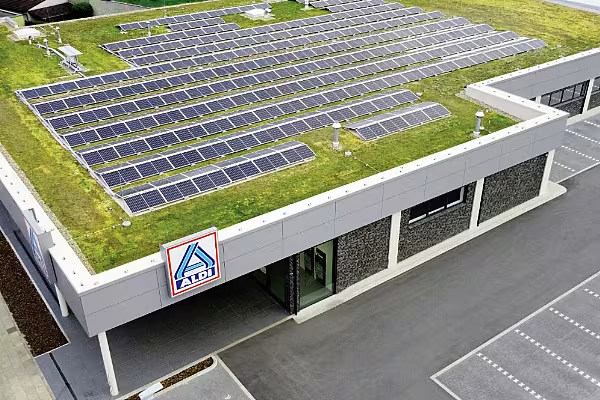As part of our Sustainability 2023 report, ESM caught up with industry leaders across a host of leading retail and consumer goods firms to discuss their ESG achievements to date, efforts made to tackle Scope 3 emissions, and what the current cost-of-living crisis means for sustainability – both for themselves and their consumer base.
Timo Dietz, Managing Director, Corporate Responsibility Quality Assurance (CRQA) International, Aldi Einkauf SE & Co. oHG.
Shopper buying behaviour has changed considerably in recent months, due to rising inflation and growing uncertainty. Against this background, our role as a discount retailer and provider of basic supplies is gaining additional relevance.
We at Aldi Nord are convinced that everyone should be able to provide themselves with high-quality and sustainable products. For this reason, we consistently make sustainable products affordable for everyone, especially in challenging times like these.
Sustainability is not a stand-alone discipline, but must be an integral part of a core business. To make considerable progress in driving our sustainability agenda, it is essential that we involve experts from various departments. Our international and national corporate responsibility quality assurance departments work closely together to promote commonly agreed goals and take country-specific circumstances into account.
Depending on the respective topic, we also coordinate with colleagues from other departments, such as supply chain management, sales, category management or international buying. Our efforts towards achieving our packaging goals and our activities in the context of our group-wide climate strategy are examples of this collaborative approach.
Systematic Climate Strategy
Aldi Nord has been pursuing a systematic climate strategy for years. In 2020, we conducted a comprehensive analysis, including – for the first time – Scope 3 emissions. The majority arise in the category ‘purchased goods and services’, as is common in the retail sector.
As these emissions are generated by suppliers of the Aldi companies, we can only exert limited influence. For this reason, we worked on a supplier engagement target requiring suppliers to commit to setting their own science-based targets.
We are aware that there is still a way to go. Therefore, we are in close dialogue with our partners and suppliers, and cooperate with them to provide support in reducing greenhouse gas emissions within our supply chain.
The EU set out an ambitious policy agenda with the Green Deal and its objective to become climate neutral, create a circular economy, and achieve zero pollution. We are convinced that it will take a joint effort on the part of politics, business, and civil society to tackle the challenges of our time. With our practical expertise, we can contribute to identifying the right levers and targeted measures for change.
For example, Aldi Nord supports the European Commission in its goal to ensure that all packaging on the EU market is either reusable or recyclable by 2030, and that the definition of recyclability is harmonised throughout the EU.
This article first appeared in ESM’s November/December 2022 edition.
© 2022 European Supermarket Magazine – your source for the latest retail news. Article by Stephen Wynne-Jones. Click subscribe to sign up to ESM: European Supermarket Magazine.













